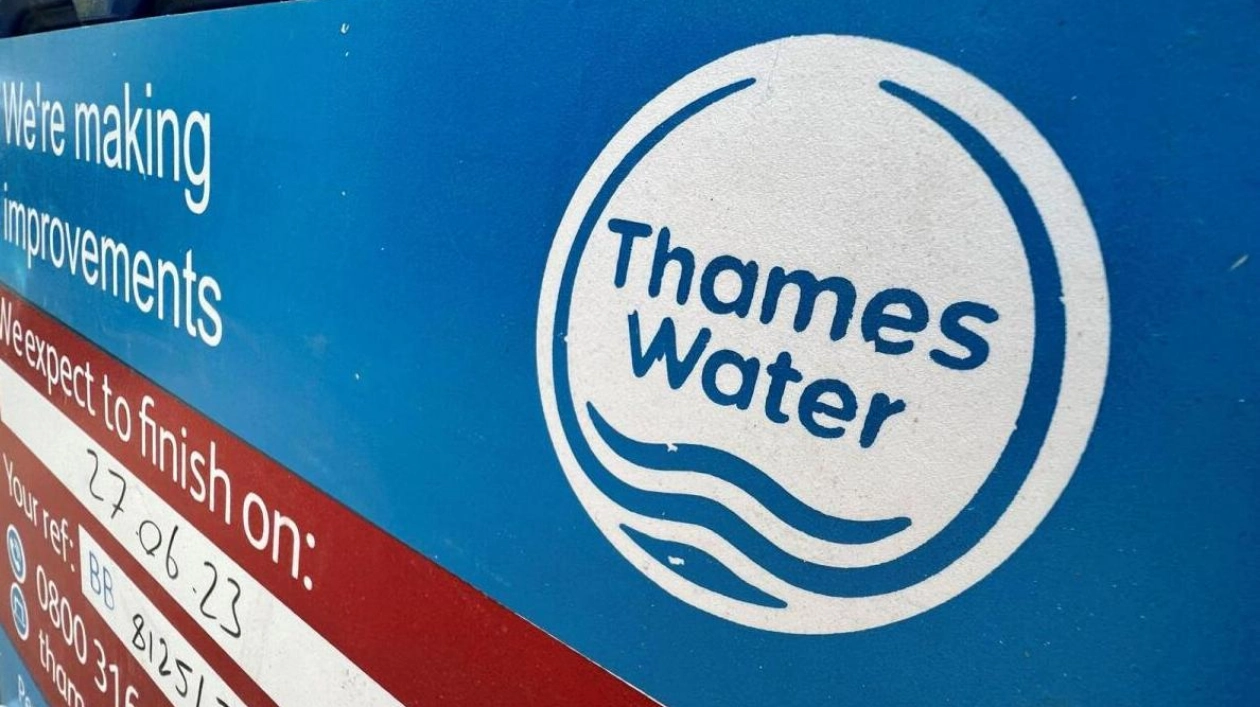Britain's regulator, Ofwat, has instructed water companies to address leaks and reduce sewage spills without significantly increasing bills, a move that has drawn criticism from the industry for not adequately addressing the escalating crisis. The balance between raising prices, securing private investment, and improving river cleanliness, amidst a funding shortfall and public outrage over pollution, presents a significant challenge for the new Labour government. This is particularly pressing as Thames Water, the largest supplier, faces potential financial collapse and may require nationalization.
Over the next five years, Ofwat plans to permit a 21% increase in average bills, amounting to £94, to support an £88 billion infrastructure upgrade. However, water companies argue this is insufficient to manage sewage spills, repair leaking pipes, and accommodate a growing population. They had sought a 33% increase in bills to fund a £105 billion investment.
The water industry in Britain has come under scrutiny for the high levels of sewage discharged into waterways, with critics accusing companies of underinvesting for decades while distributing substantial dividends and executive bonuses. Ofwat's CEO, David Black, acknowledged the need for sustained improvements but emphasized the importance of minimizing the financial burden on customers. The proposed plan aims to reduce sewage spills by 44% by 2030.
Water UK, an industry body, criticized Ofwat's proposals for not adequately addressing the need for investment in infrastructure. Thames Water, a focal point in discussions about the privatized water industry since 1989, had proposed a £191 increase over five years, which Ofwat reduced to £99. The company maintains that its original plan was ambitious yet feasible and will present additional evidence before Ofwat's final decision in December.
Thames Water, burdened with £15 billion in debt, announced it would run out of funds next year without raising £3.25 billion in equity. Environment Minister Steve Reed has directed Ofwat to ensure new funding is exclusively used for infrastructure and not for bonuses or dividends. Reed plans to outline reforms in the coming months to improve the health of British rivers, lakes, and seas.
The crisis also tests new Prime Minister Keir Starmer's commitment to encouraging private investment in Britain. Ofwat has set the allowed rate of return for water company investors at 3.72%, indexed to inflation, to attract investment. It has also introduced a new oversight regime for Thames Water, requiring regular progress updates. Ofwat's Black suggested that Thames Water might consider restructuring or going public, though these options are not immediate solutions. Prior to Ofwat's announcement, S&P Global warned it might downgrade Thames Water's debt to 'junk' status, potentially making it unattractive to major pension funds.
Ofwat will finalize its decision on bills and investment on December 19, and companies can appeal to the competition regulator if they disagree with Ofwat's terms.






